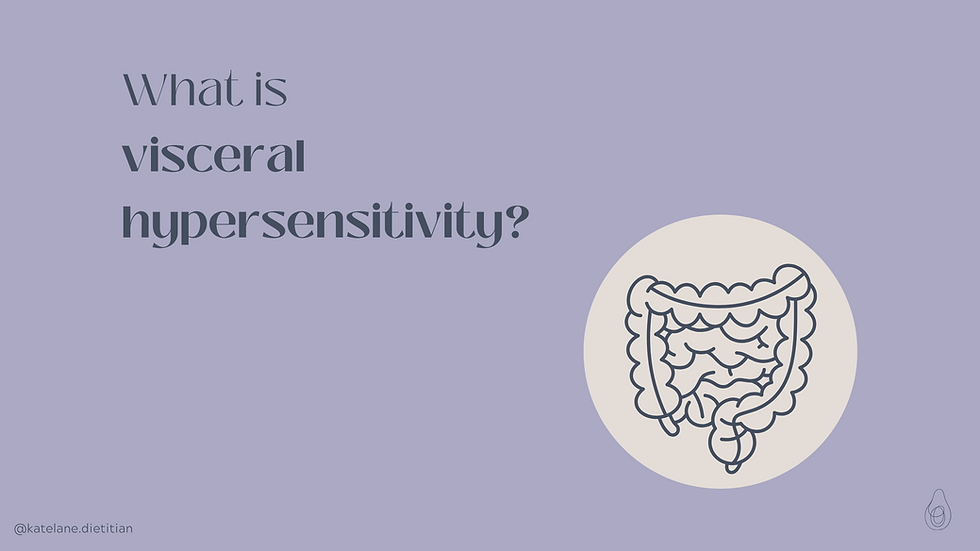3 skills to learn for Binge Eating Disorder recovery.
- Kate

- Mar 9, 2025
- 2 min read

Here are 3 of my favourite skills for Binge Eating Disorder.
Each of these can take a bit of time to get your head around and practice but they are often key ingredients for addressing binge eating concerns and improving your relationship with food.
Regular & Adequate Eating
Other skills and strategies are rarely effective if you are still caught in the restrict-binge cycle.
Biological hunger cannot be tricked, ignored, or “thought” your way out of.
Your body needs a baseline of consistent and adequate nourishment for physical and emotional stability in order for you to effectively engage in psychological work or new behavioural approaches to manage binges.
If you have anxiety about eating more regularly and adequately or are struggling to implement it, this is a great reason to connect with an eating disorder dietitian.
S.T.O.P Skill
Stop. Freeze yourself in place to prevent further actions based on intense emotions, thoughts or sensations.
Take a step back. Breathe. Excuse yourself or separate yourself from the situation to create some space between you and anything in your environment that may keep unwanted action going.
Observe. What emotions are you experiencing? What automatic negative thoughts are present? What options do you have available on what to do next?
Proceed (mindfully). What do you want from this situation? What are your goals? What choice might make this situation better or worse?
Differentiating Hungers
Stomach (or physical) hunger
You’re physically hungry for nourishment. Some feel a hollowness, gnawing or rumbling in the stomach. This may be paired with reduced concentration, irritability, reduced coping or a drop in energy.
Heart hunger
You have a sense of unmet “want” or “need”. It can feel like a different kind of gnawing, closer to anxiety or the desire for comfort. You may find yourself going from one food to another, never quite “hitting the spot”, or eating until “numb”.
Mouth hunger
Similar to heart hunger there is a sense of seeking something, but it is often more sensory-based, eg seeking crunchy, fragrant, salty, heavy, creamy, sweet, spicy, rich, fresh, frozen etc.
Kate Lane, Accredited Practicing Dietitian, Credentialed Eating Disorder Clinician

.png)






Comments